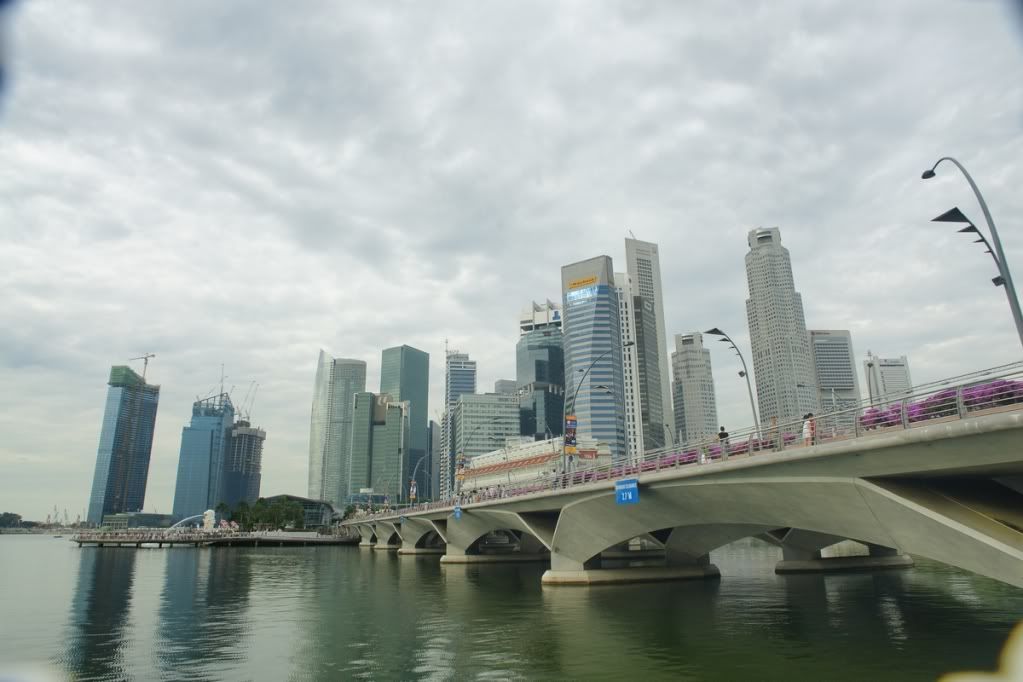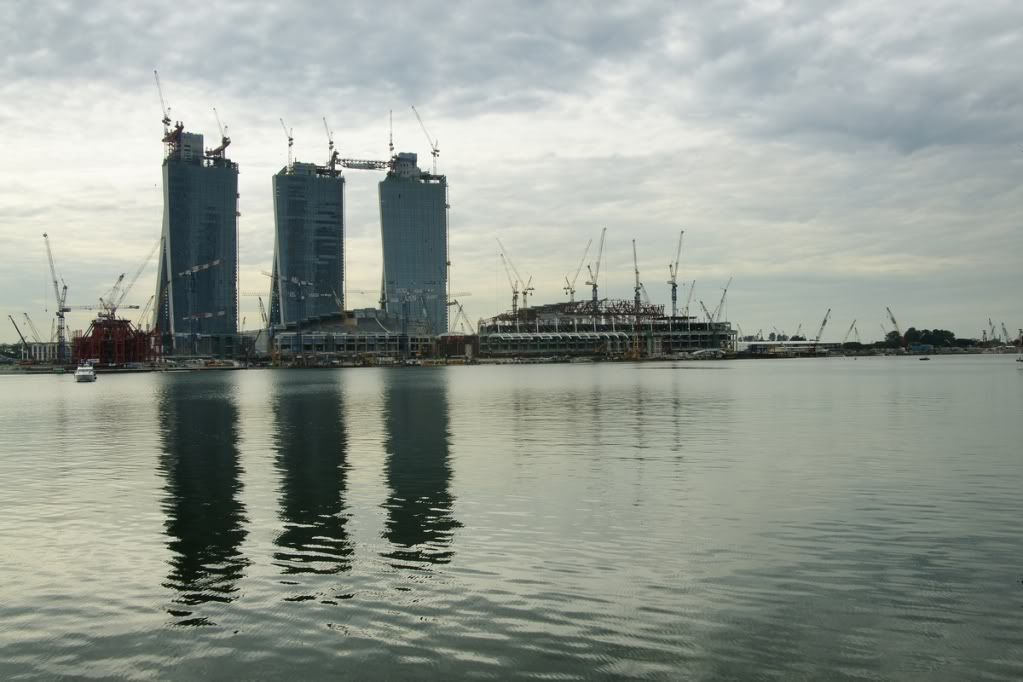http://www.smh.com.au/news/travel/s...s-and-bollywood/2007/05/31/1180205400346.html
http://www.smh.com.au/news/travel/s...s-and-bollywood/2007/05/31/1180205400346.html
http://www.smh.com.au/news/travel/s...s-and-bollywood/2007/05/31/1180205400346.html
Casino school graduates practice their skills at Singapore's International Club Games Training Center.
Photo: AP
What makes a successful tourist destination? Casinos, theme parks, and Bollywood films - or a mix of historic sites and local culture?
As Singapore reduces its dependence on electronics exports it wants to boost its tourism industry - currently about 5 percent of gross domestic product - and is betting on casinos and other imported entertainment to lure millions more visitors.
“Artificial tourist creations can work,” said Tony Wheeler, co-founder of the Lonely Planet guides.
“Disneylands all over the world seem to pull in the crowds. And the casinos, given the propensity for the Chinese to gamble, will probably be a success.”
Perhaps Singapore’s biggest handicap is its lack of famous sights: it has no Angkor Wat or Taj Mahal. For many years, it prided itself on its innumerable shopping malls, and promoted its annual “Singapore Sale.”
Abroad, it is often better known for its authoritarian ways -- it canes vandals, executes drug offenders, crushes political opposition, and bans the sale of chewing gum. Culturally, its development has been crippled by restrictions on freedom of expression and censorship of films and plays.
But with an eye on the newly affluent Chinese, Indians and other Asians who increasingly travel overseas, Singapore has begun work on several new attractions, including two big casinos, a Universal Studios theme park, and a ferris wheel, even though none of these is particularly Singaporean.
In a bid to generate more “buzz” abroad, it has opened clubs such as Ministry of Sound and is even pitching itself as a film location, eager to emulate New Zealand’s success with hits such as Lord of the Rings. By “starring” in Bollywood blockbusters such as Krrish, Singapore hopes to entice more Indian tourists.
Earlier this month, Singapore snagged the rights to host Formula One racing, which it hopes will raise its profile abroad. Citigroup expects the race to generate $150-200 million a year.
“They want to send a message that Singapore has changed,” said Christopher Wood, CLSA’s regional strategist.
“They have to have more than shopping centers. Formula One is a brilliant idea. But nobody in Asia does culture well. Japan is the only place in Asia that has it. There’s nothing cultural happening here now, zero.”
The government wants to double the number of visitors to 17 million a year by 2015, while nearly trebling tourism receipts to $30 billion. Its new attractions could well succeed in pulling the crowds, economists say, particularly given Macau’s experience.

















